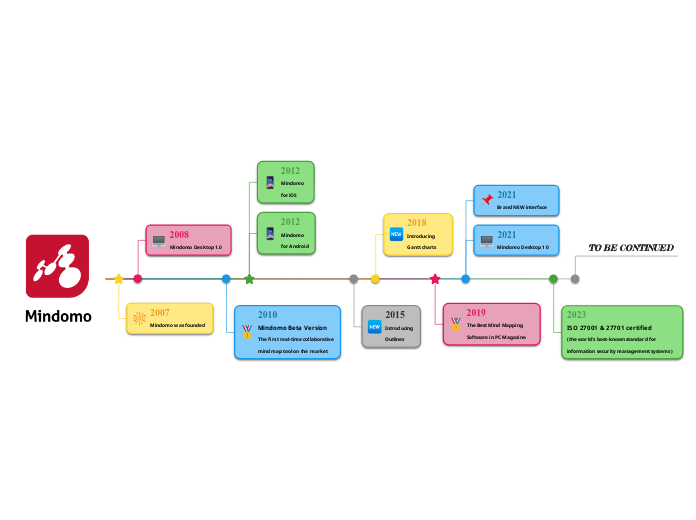door Javier Vega 9 jaren geleden
289
Professional Career
Careers in various fields require specific educational backgrounds and certifications. Medical doctors diagnose and treat patients, often specializing in areas like pediatrics or cardiology, and must earn a doctoral degree in medicine, complete clinical rotations, and often participate in a residency program.









